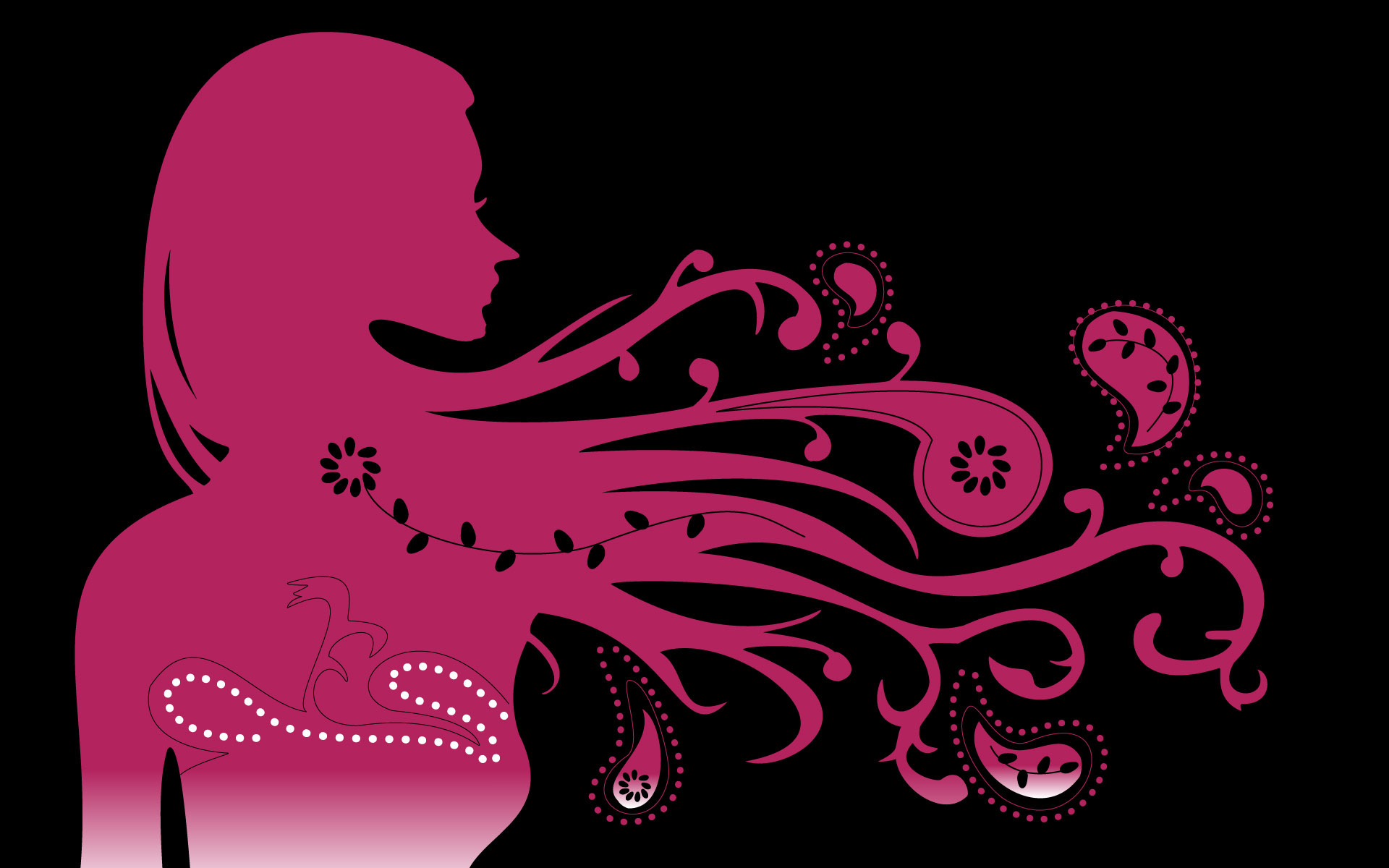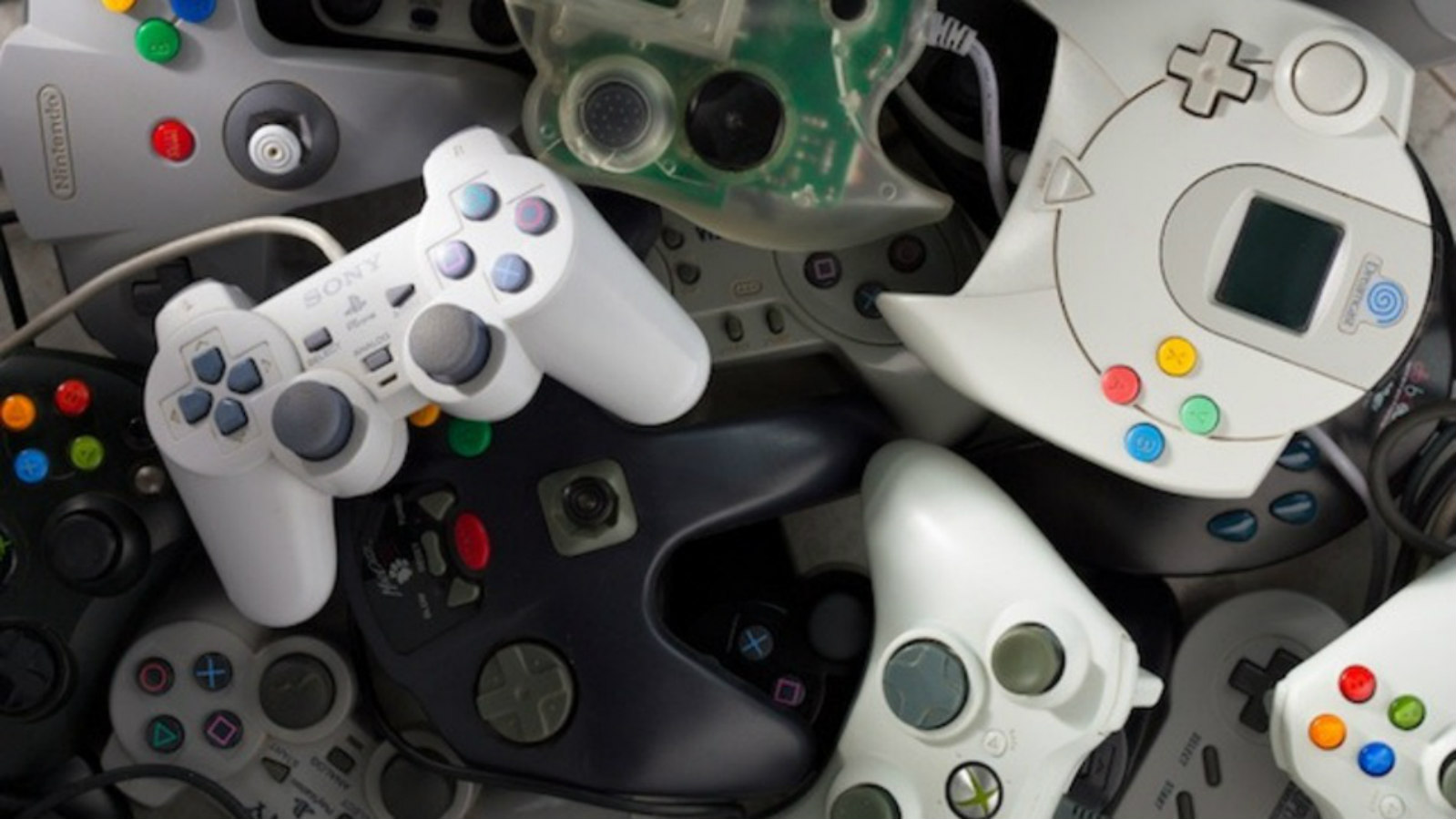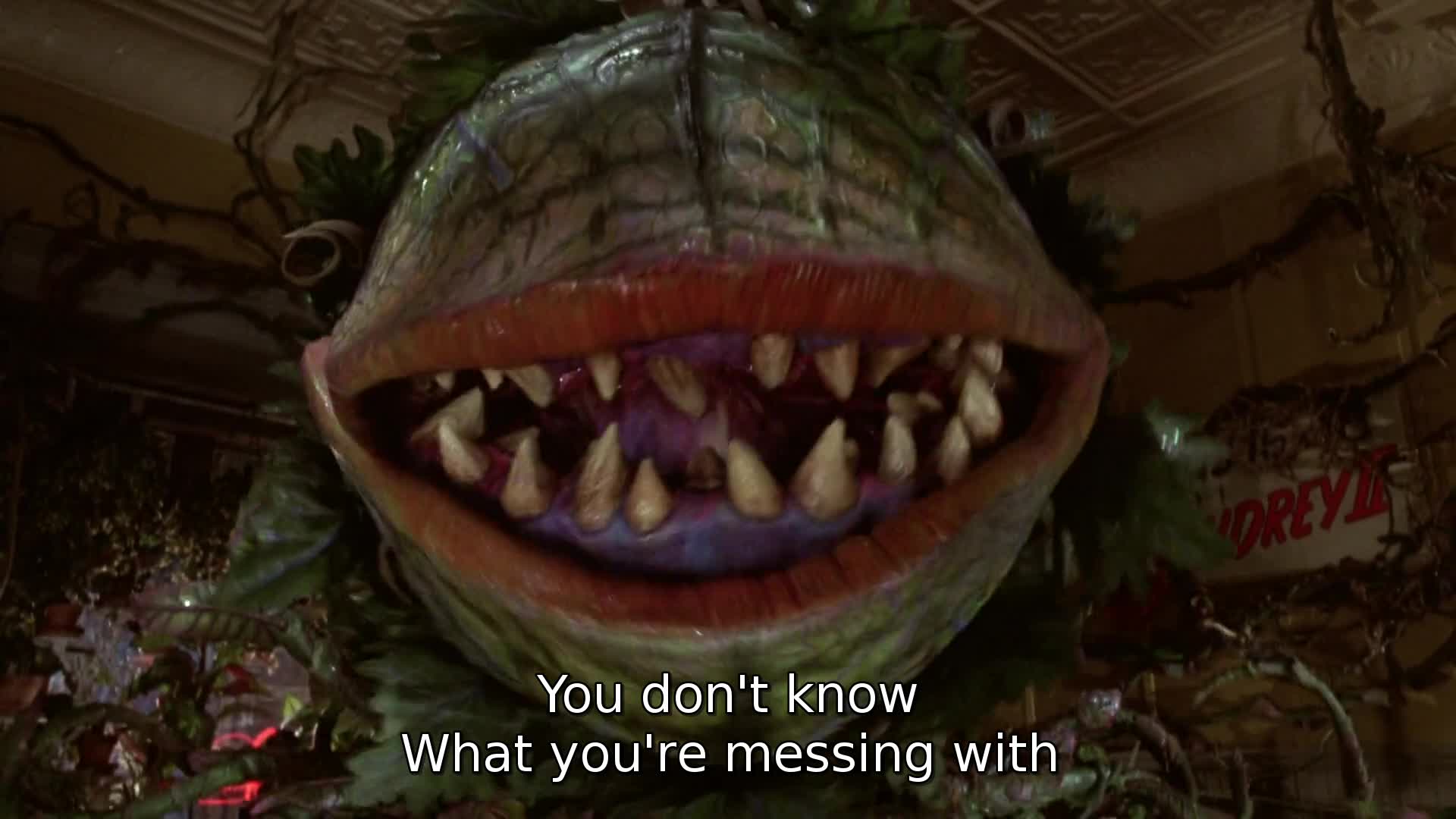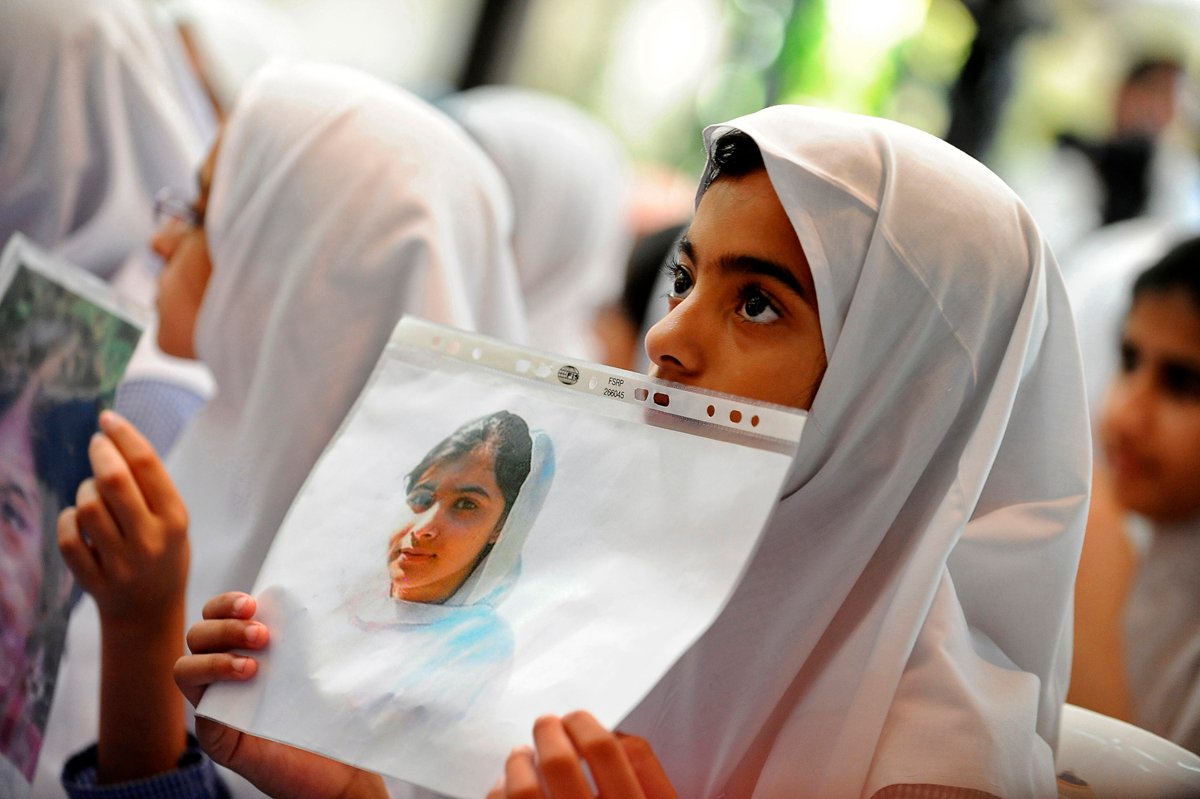WEST LONG BRANCH, N.J. – Celebrities, socialites, and real women far and wide are coming together to ban the ‘b-word.’
Facebook’s Chief Operating Officer, Sheryl Sandberg, in conjunction with the Girl Scouts of the U.S.A and LeanIn.org, established the Ban Bossy campaign in order to address the negative connotations associated with the word “bossy” and its tendency to discourage girls from striving toward leadership positions.
“When a little boy asserts himself, he’s called a ‘leader.’ Yet when a little girl does the same she risks being branded as ‘bossy,’” states Ban Bossy’s website.
Sandberg argues that girls are discouraged from asserting themselves as leaders and expressing their opinions from a young age.
“We know that by middle school more boys than girls want to lead. And if you ask girls why they don’t want to…(it’s that) they don’t want to be disliked and they don’t want to be called bossy,” stated Sandberg in a CBC article.
Several high profile celebrities have lent their support to the Ban Bossy campaign, including Jane Lynch, Jennifer Garner, and most notably, Beyonce Knowles. Beyonce was a pivotal part of the successful launch of BanBossy.com and according to a Huffington Post article, her support helped the site reach one million visits only one day after the website launched.
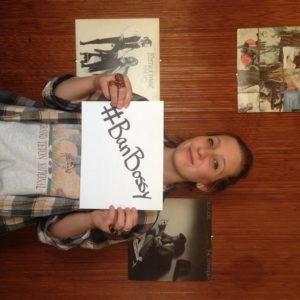
Numerous celebrities and high profile industry professionals are taking to Twitter to spread awareness of the Ban Bossy campaign. CNN Chief International Correspondent, Christiane Amanpour, expressed her support for Ban Bossy via Twitter, stating, “When it comes to girls, ‘bossy’ is just another word for ‘smart.’”
Similarly, the Huffington Post’s Arianna Huffington tweeted, “I pledge to #banbossy and encourage girls to be fearless leaders.”
Support for the Ban Bossy campaign extends far beyond female professionals and high profile women. U.S Secretary of Education, Arne Duncan, lent his support via Twitter, stating, “I pledge to #banbossy and encourage girls to lead. Join me today.”
The Ban Bossy campaign has had a significant impact among women from all walks of life. Whereas women have traditionally been conditioned to be compliant and demure, this movement encourages all women to liberate themselves and embrace their inner boss.
Monmouth University graduate and graphic design professional, Brittney Cottrell, is an avid supporter of the Ban Bossy campaign.
“I happen to really like what this cause speaks for,” stated Cottrell. “I think it’s important to show young girls that independent thinking is a positive thing. We need more women in leadership roles and the negative connotation associated with strong women can be frustrating.”
The negative stigma attached to young girls being assertive is carried through to adulthood and is commonly found in the workplace. While strong, vocal men ‘at the office’ are viewed as leaders and business savvy, strong, vocal women are viewed as aggressive and often criticized with derogatory language; the b-word on the playground is replaced by the b-word in the boardroom. Unfortunately, this often results in women stifling their ambition from fear of being criticized and ostracized.
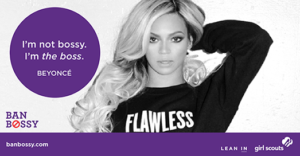
“I think there is something to be said about the lack of presence of women in the business world and there should be more of an emphasis on finding a way to solve the bossy stigma attached to females with opinions,” stated Cottrell.
A prime example of the negative stigma associated with strong, opinionated women is the criticism of Hillary Clinton during the 2008 presidential campaign. While male candidates are expected to be assertive during political races, Clinton was harshly criticized for her aggressive campaign and assertive views. The justification of the criticism was based on gender alone, rather than position or capability.
The battle against the b-word is far from over, but movements like Ban Bossy are a significant step towards equality. For more information regarding the Ban Bossy movement, or to pledge your support, visit banbossy.com.
“Words matter,” stated Girl Scouts U.S.A CEO, Anna Maria Chaves. “We need to start naming girls with positive attributes like strong, confident, resilient, with grit- not bossy.”
Video created by Caitlyn Bahrenburg.
Supplemental video about the campaign.

